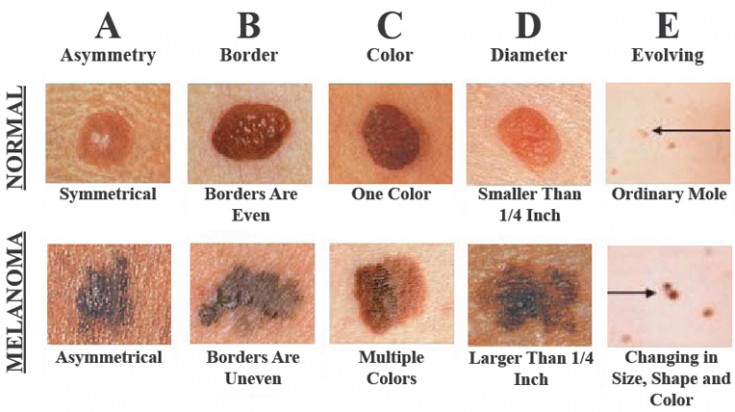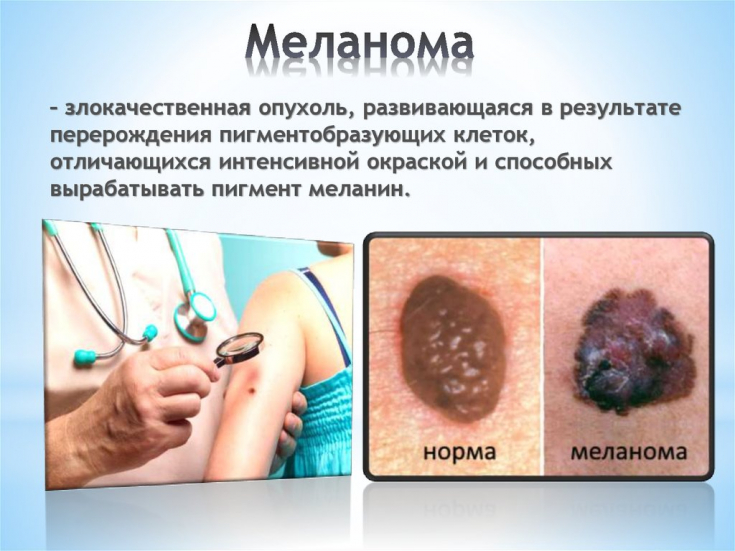The low level of therapeutic response, acquired resistance and the development of severe adverse reactions significantly limit the clinical use of checkpoint inhibitors in the immunotherapy of patients with malignant tumors, in particular skin melanoma.
A study conducted by researchers from the Faculty of Medicine, Tel Aviv University, Israel, and the Faculty of Pharmacy, Universidade de Lisboa, Portugal, presents the results of the development of a new nanovaccine for skin melanoma treatment.
Read the article on estet-portal.com results of a study on the effectiveness of the nanovaccine in preventing the development of skin melanoma.
Vaccine treatment studies for skin melanoma
The basis of scientific research in the presented project was the study of the potential of − functional basis for the development of a new vaccine. The search for effective methods of treating patients with oncological diseases and skin melanoma in particular has been going on for decades, developing in the areas of chemotherapy, radiation therapy and immunotherapy.
Follow us on Instagram!
However, the vaccine-based approach, which has proved effective for the treatment of various viral diseases, has not yet been effectively adapted to cancer therapy.
Clinical trials of melanoma drugs
The presented new study shows for the first time the possibility of synthesizing an effective nanovaccine against the development of melanoma of the skin, the use of which can significantly increase the susceptibility of the immune system to the use of immunotherapy.
Mechanism of action of the skin melanoma vaccine
The study used particles with a size of about 170 nm, created on the basis of biodegradable polymers. The core of each particle contains peptide dimers .minus. short amino acid chains that are expressed in skin melanoma cells. At the next stage of the experiment, nanoparticles (nanovaccines) were injected into the body of laboratory mice with simulated melanoma.
Main risk factors for melanoma
While monitoring the therapeutic outcome, the scientists found that the effect of the specifically activated nanoparticles did not differ from well-known antiviral vaccines. The introduction of such a nanovaccine stimulated the immune response of the animal organism, as a result of which immunocytes acquired the ability to identify and attack cells containing peptide dimers − melanoma cells.
This means that the immune system of immunized animals is set to attack cancer cells if they appear in the body.
Skin melanoma vaccine efficacy trial
The effectiveness of the nanovaccine was tested in three different directions. First of all, the preventive effect of the vaccine has been proven. So, the drug was administered to healthy animals, after which melanoma cells were injected.

In this group, no oncological process was recorded in any of the laboratory animals, on the basis of which the researchers concluded that this method of treatment has a preventive effect.
In a parallel group of animals, nanoparticles activated with peptide dimers were used to treat primary tumors. In particular, the therapeutic potential of the combined use of an innovative vaccine and immunotherapy was tested on a model of skin melanoma in laboratory mice.
Such therapeutic synergy held back the progression of the oncological process, significantly prolonging the life of all laboratory animals in this group.
Immune function of the skin to guard the health and order of the body
Third direction − testing the potential of a nanovaccine and is associated with the application of the development directly on the biomaterial of tissues from patients with brain metastases due to primary skin melanoma. The effectiveness of the immunotherapeutic actions of the drug in an in vitro experiment has been proven. This allowed the authors to express confidence in the possible use of the nanovaccine for the treatment of patients with a metastatic form of the disease.
Prospects for the use of a vaccine for the prevention of melanoma of the skin
The therapeutic efficacy of the innovative development in preventing the development of skin melanoma has been proven in preclinical models of the disease in laboratory animals, as well as in the treatment of primary tumors and metastases as a result of this malignant process.

Summing up the results of the work, the scientists focused on the fact that the findings of the study represent a completely new approach − vaccination − for effective treatment of skin melanoma, even in the advanced stages of the oncological process. In addition, the authors expressed confidence that the developed therapeutic platform could also be useful in therapy for other types of tumors, and the described methodology would become a reliable basis for the development of other anti-cancer nanovaccines.
What is the danger of obesity for the skin







Add a comment